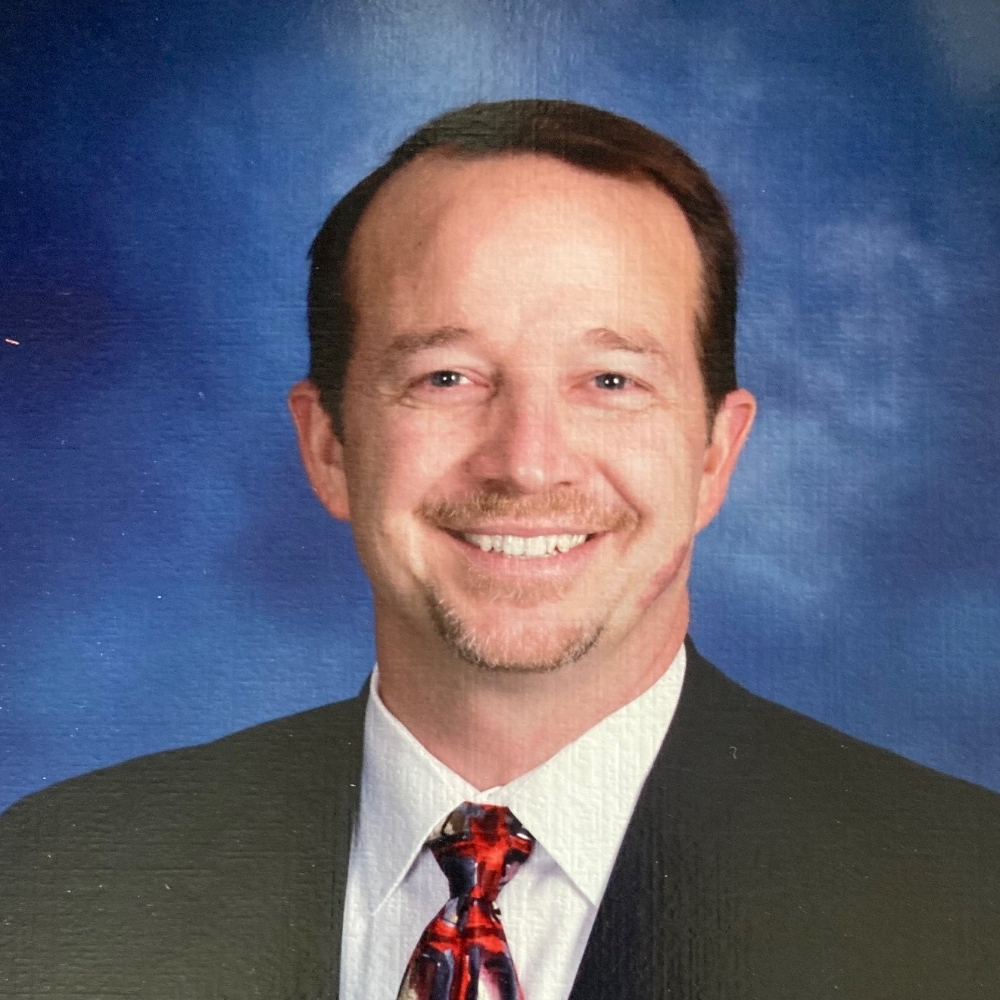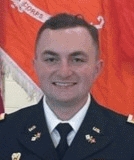
MBCP, FBCI, CEM, PMP, MBA, ISO Certified (US Army Retired)
12/2005 – Present REDMOND WORLDWIDE, Inc. New York, NY
CEO and Lead Consultant
Cyber Security Incident Response and SIEM, Business Continuity, Disaster Recovery, and Crisis/Emergency Management.
She has consulted for and trained companies and government agencies in Nigeria, Angola, Chile, Dominican Republic and throughout the United States and Canada.
Michael was selected to in May 2014 to speak about the importance of Business Continuity to the First Ladies of Central Africa at a UN event this year. In 2000, the UN also selected Michael to write the prologue on Risk for the UN book on Disaster Recovery which was endorsed by President Clinton and Nelson Mandela and given to the Heads of State for every country in the world.

John Bruggeman is a multidisciplinary leader in the field of Information Security. As a Consulting Chief Information Security Officer (CISO) for CBTS and OnX, he assists organizations, employees, and individuals in minimizing cybersecurity risk. His approach involves practical policies, vendor-neutral security frameworks, engaging presentations, seminars, and customized events like tabletop exercises. John is passionate about addressing the human factor in information security to reduce risk. With over 25 years of experience in advanced cybersecurity and IT, he brings extensive expertise to the table. In addition to his role as a CISO, John actively contributes to the tech community. He is a member of the Forbes Technology Council and has authored articles on topics such as knowledge sharing, cybersecurity training, and diversity in tech development. His insights help organizations stay informed and secure in an ever-evolving digital landscape. John’s commitment to knowledge sharing and fostering diverse teams underscores his dedication to creating the best possible products and services for customers. His impact extends beyond technology, emphasizing the importance of collaboration and continuous learning in the cybersecurity domain.
We all know that Artificial Intelligence (Machine Learning (ML), Predictive Learning (PL), and Generative AI (GenAI)), can provide real benefits to cybersecurity professions, like faster response times and better threat detection.
But, there are also risks to consider as well, including false positives from the predictive models, hallucinations and bias responses from Generative AI, and the possibility of AI being attacked with data poisoning and side channel attacks.
How do you being to identify the risks for your organizations, and the rewards?
In this session we will review the current ways ML, PL, and GenAI are currently being used in cybersecurity tools and equipment to boost productivity and accuracy, and the risks that ML, PL, and GenAI present.
On the reward side we will review how AI helps with threat detection, incident response, vulnerability management, malware detection, phishing detection, and training.
On the risk side we will review how AI can create false positives, generate very believable fakes (video, voice, emails), and expose your organization to attackers in ways you didn't anticipate.
This discussion will be interactive and engaging for everyone regardless of skill level or experience.

Ally Frame is a senior analyst for the Netskope security operations center. She graduated from Northern Kentucky University with a Bachelor’s in CIT with a focus on Network Security. Prior to Netskope she worked as a Security Analyst in the Payments industry. She is a founding member and current president of the Women in Cyber Security affiliate in the St Louis Metro area.

1LT Douglas, Jadon A.
Kentucky Cyber Response Initiative, Assistant OIC
206th Engineer Battalion, S6 OIC
Battalion Signal Officer
For any and all other information regarding the Kentucky Cybersecurity & Forensics Conference (KCFC) hosted by Northern Kentucky University, please refer to https://www.nku.edu/academics/informatics/centers/cis/kcfc.html.
For any questions regarding the Kentucky Cybersecurity & Forensics Conference (KCFC) hosted by Northern Kentucky University, please contact Dr. Ankur Chatterjee at chattopada1@nku.edu.